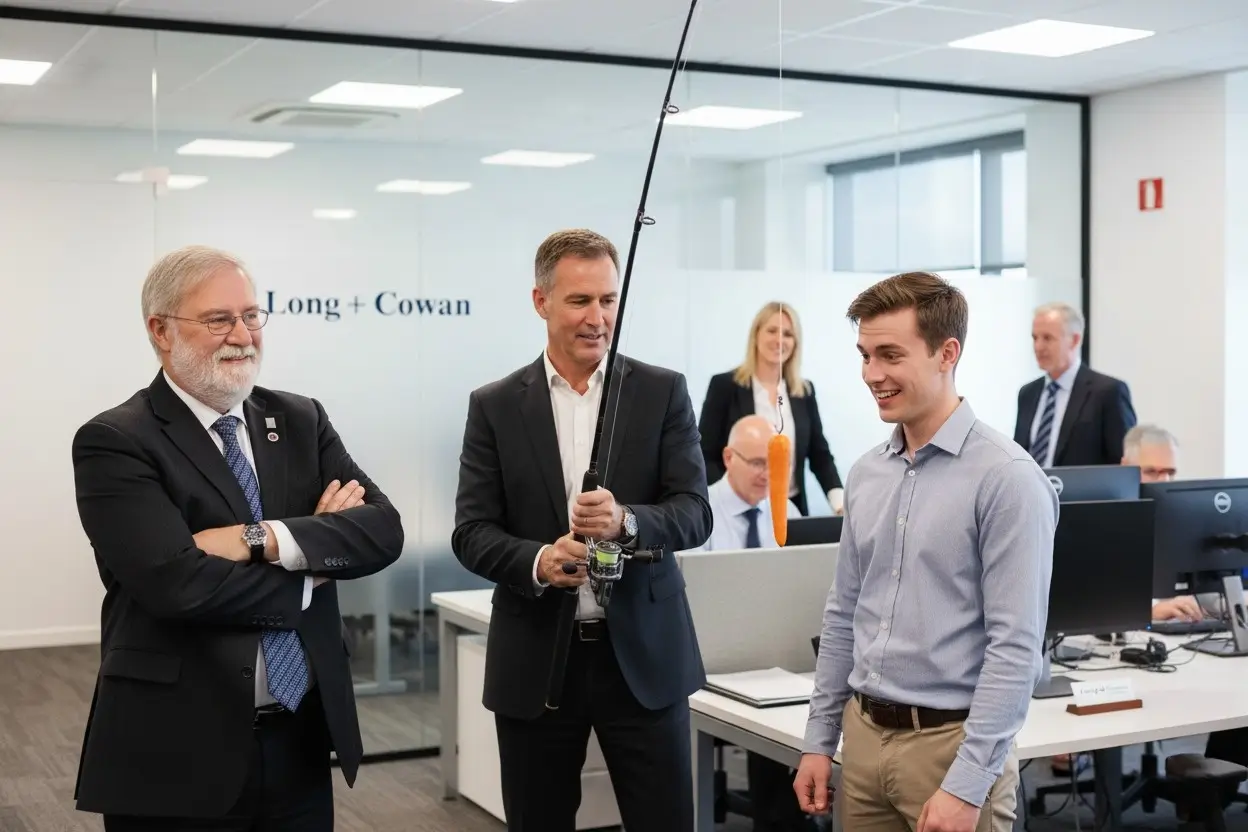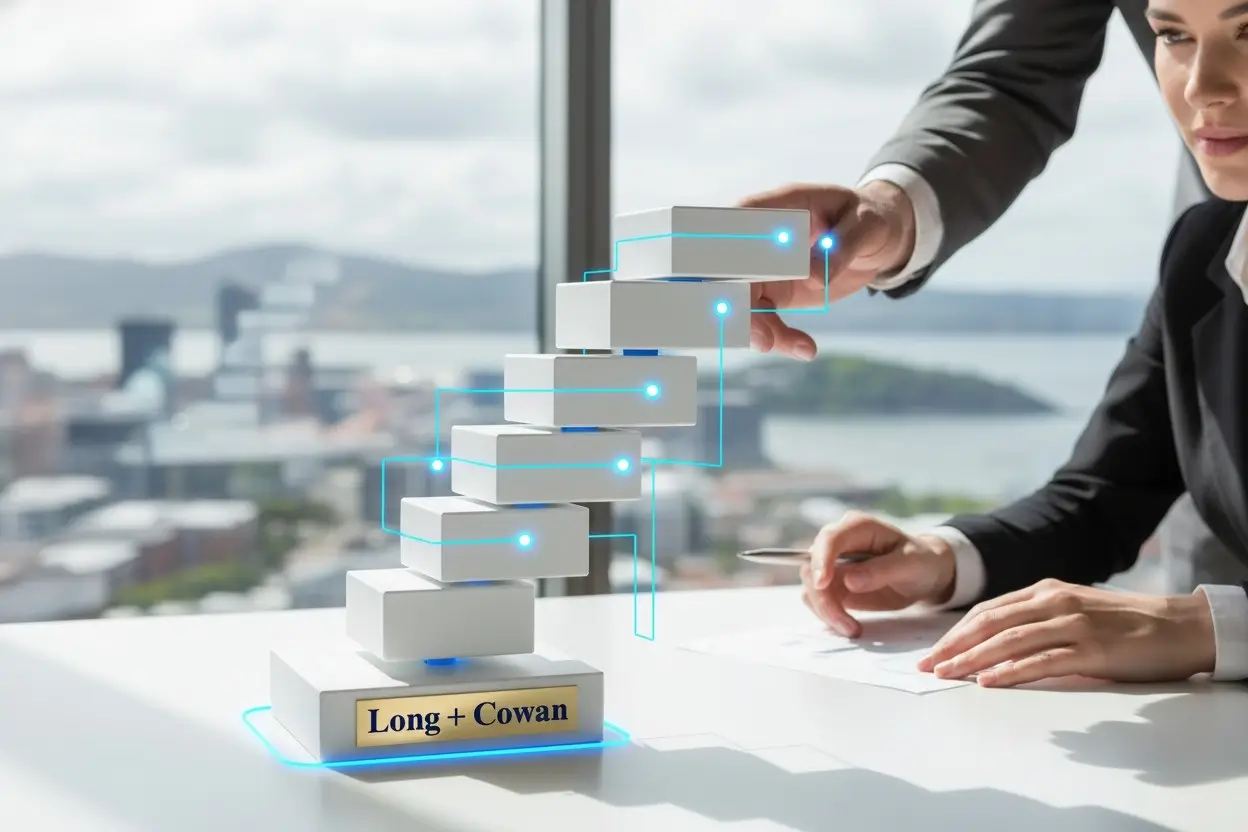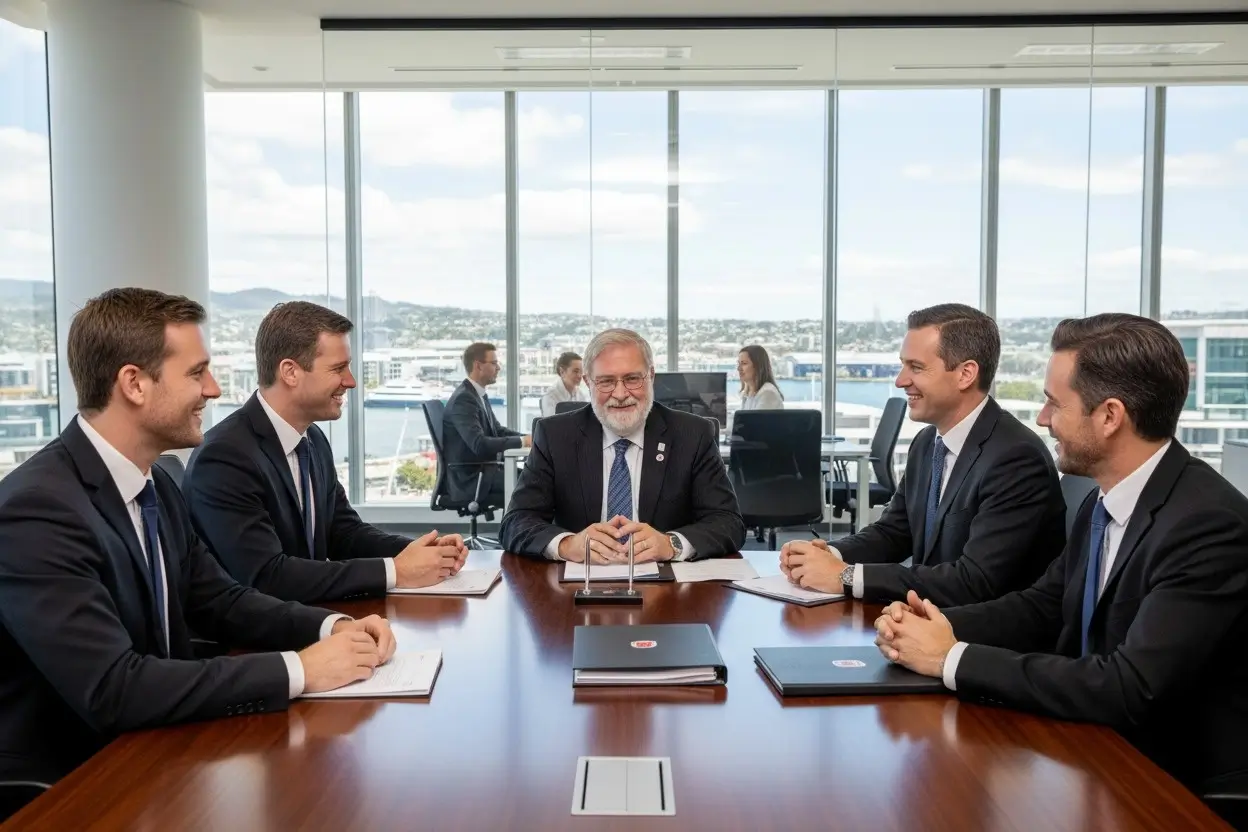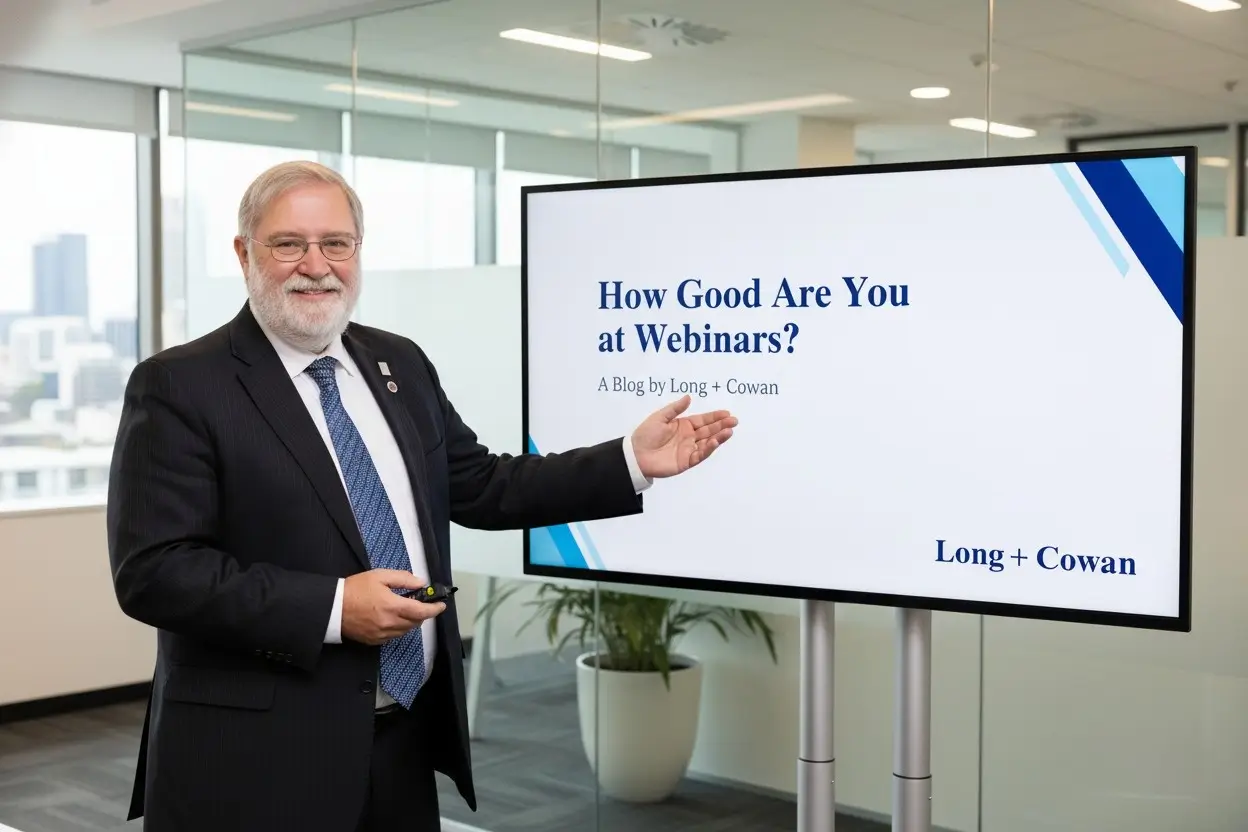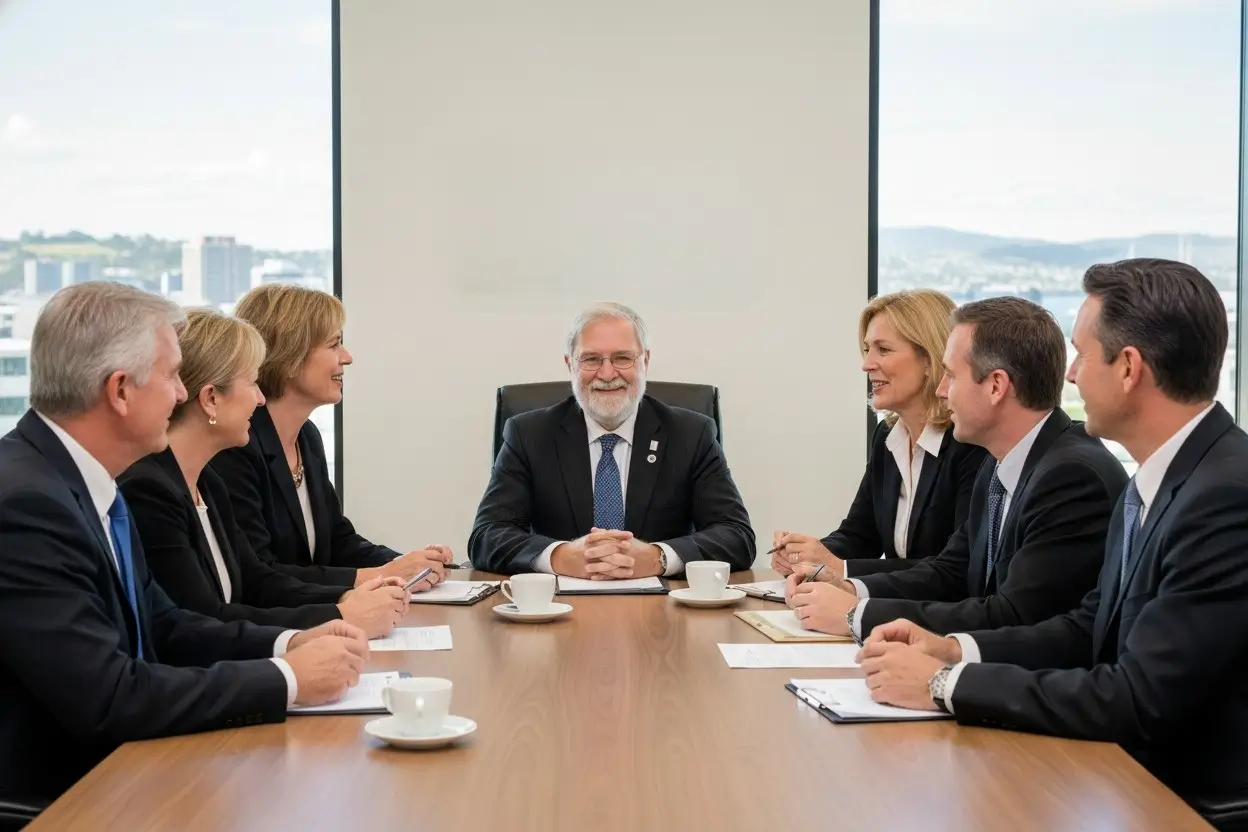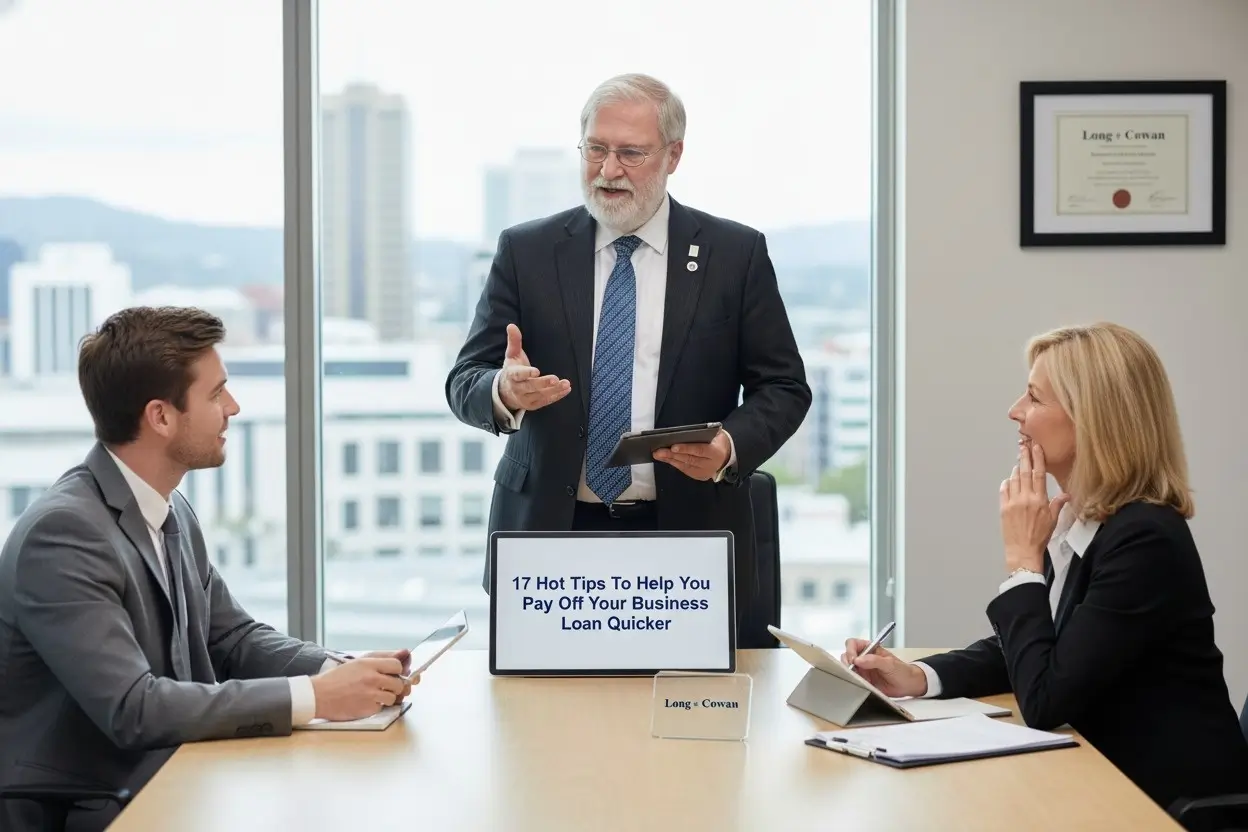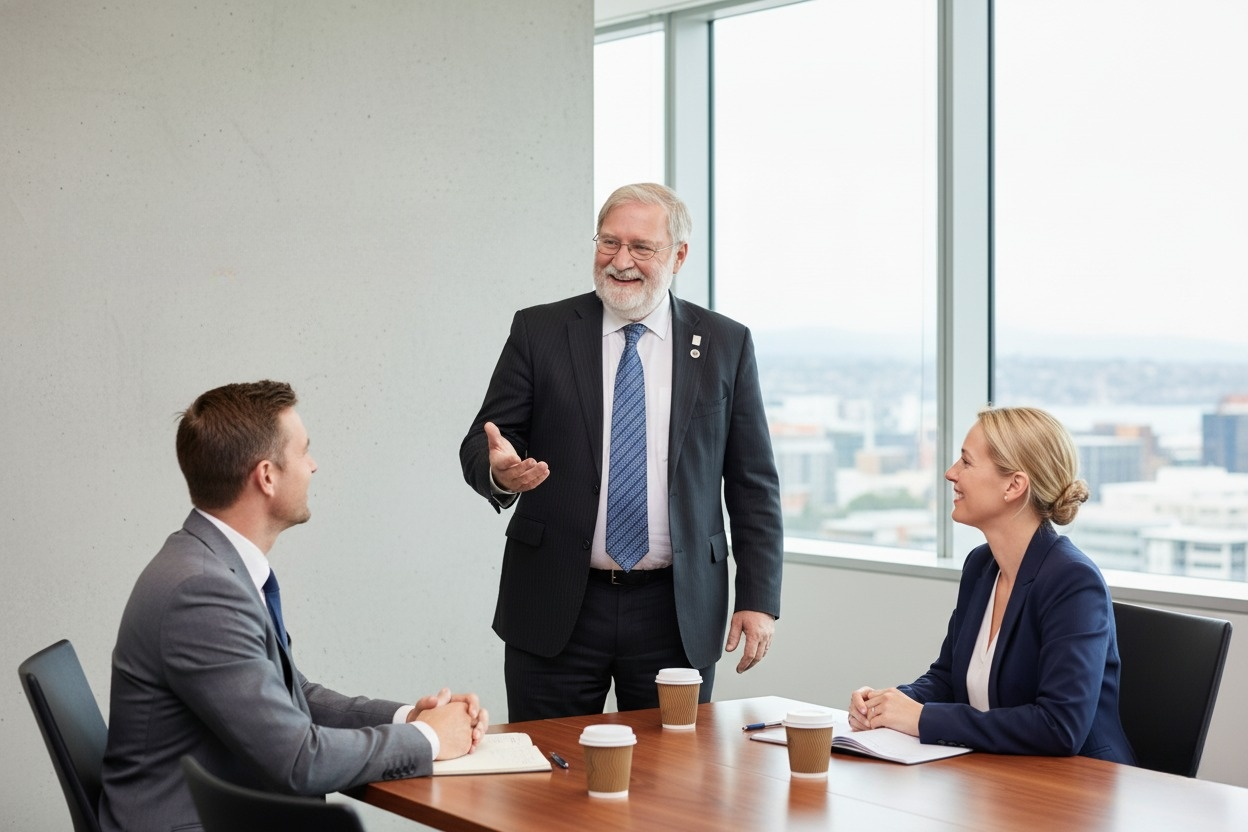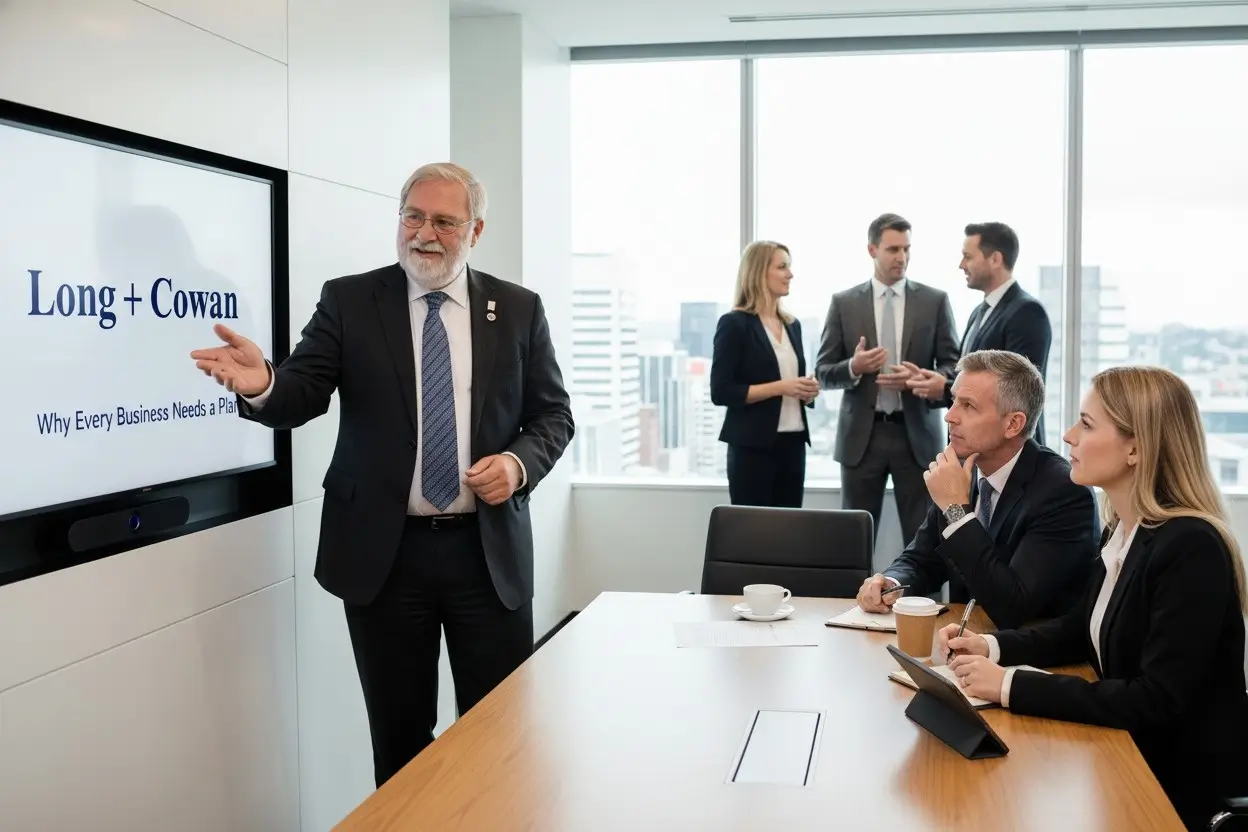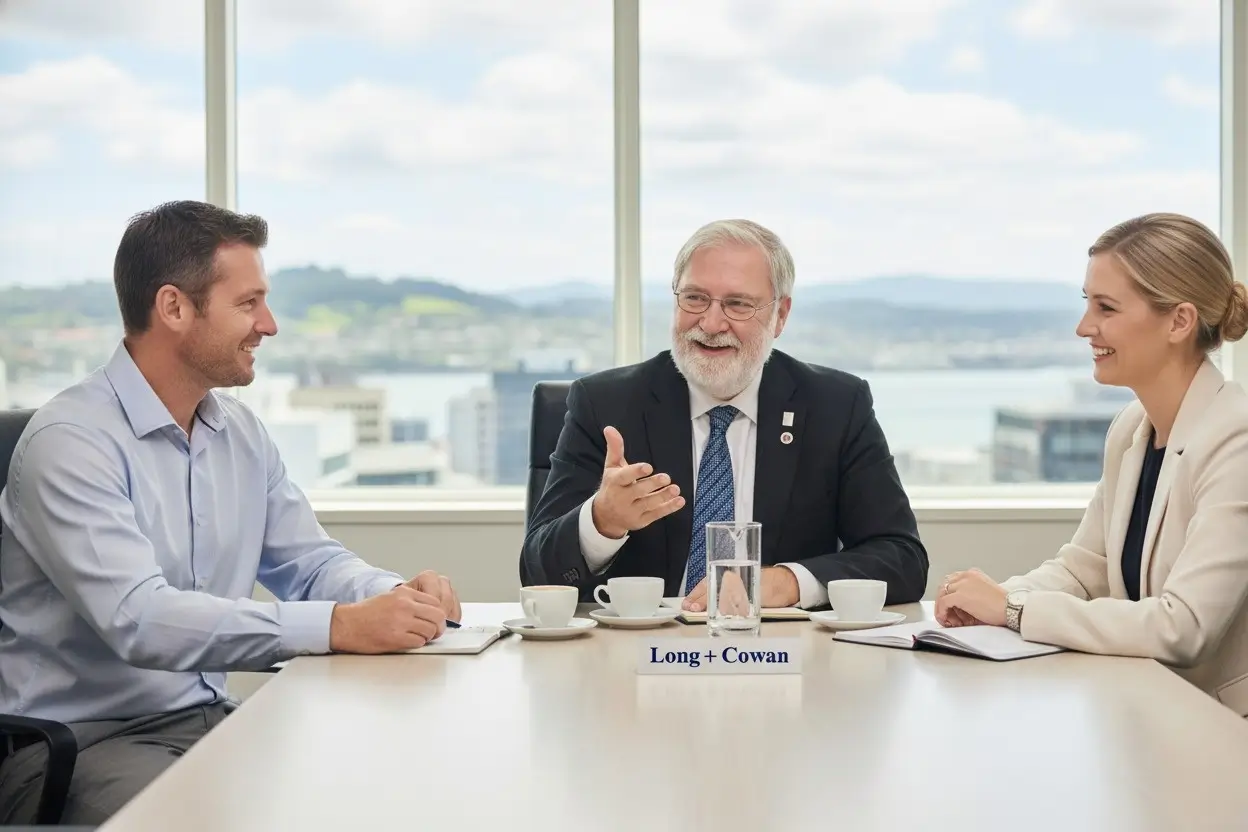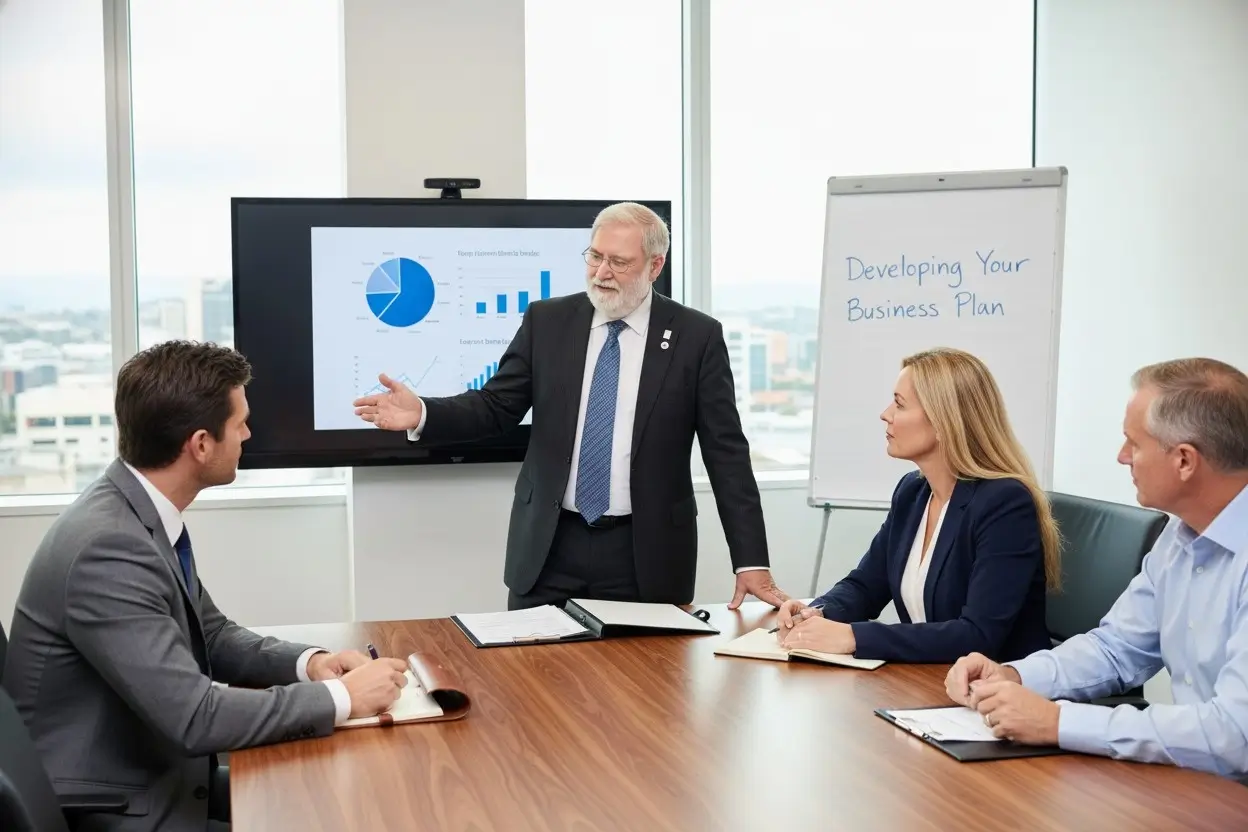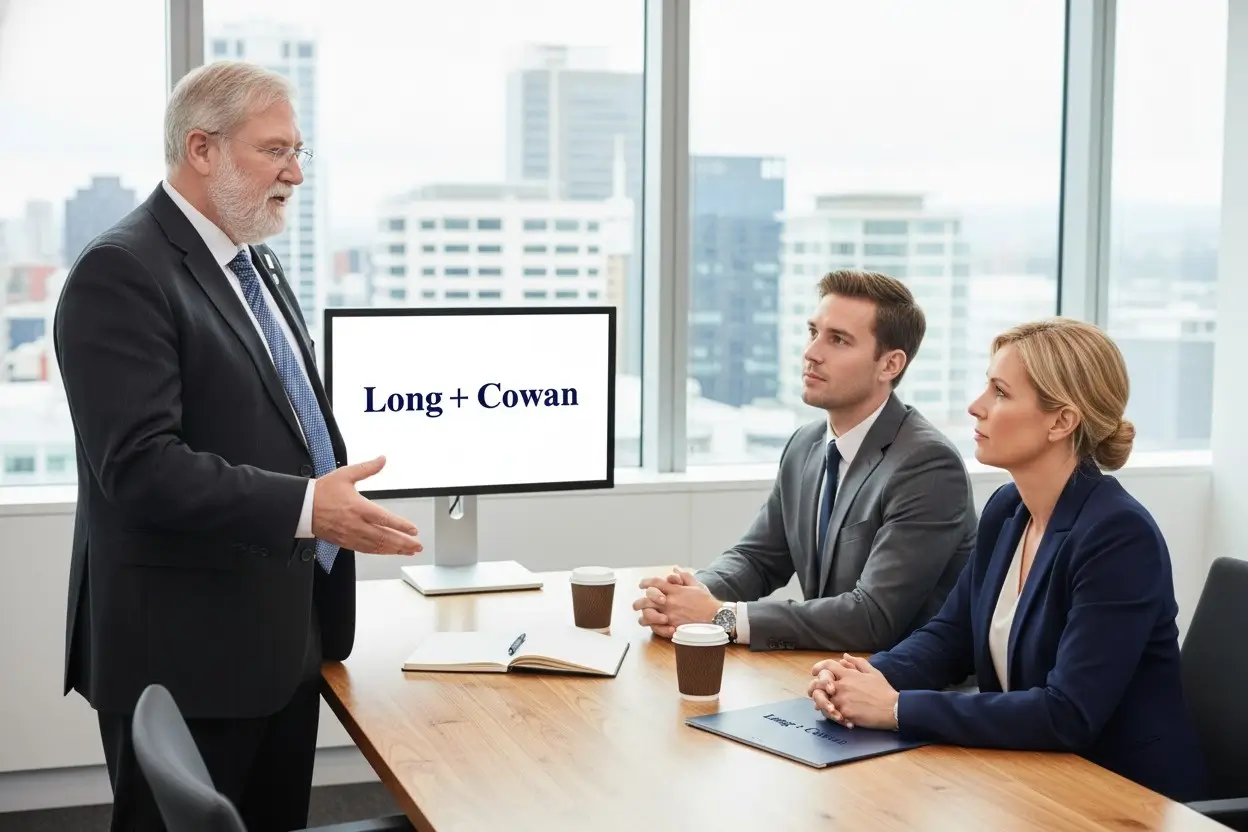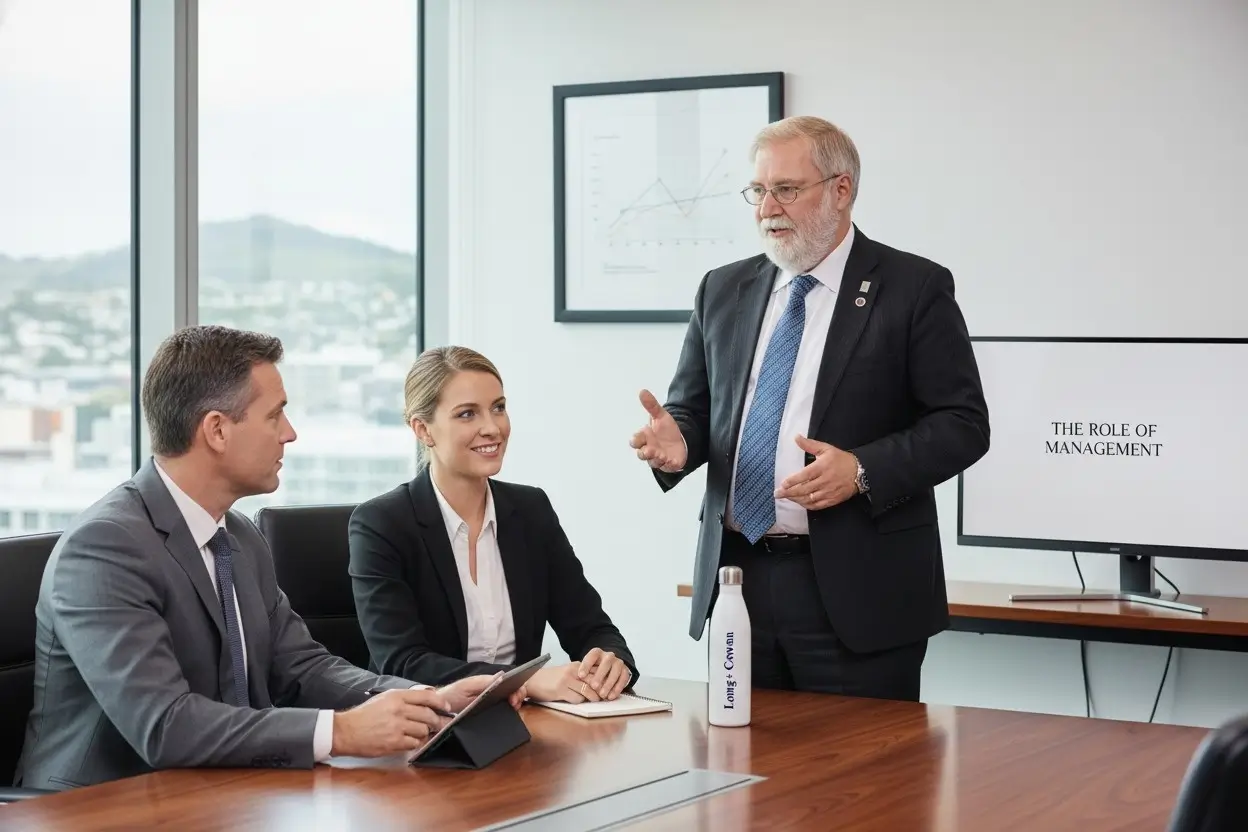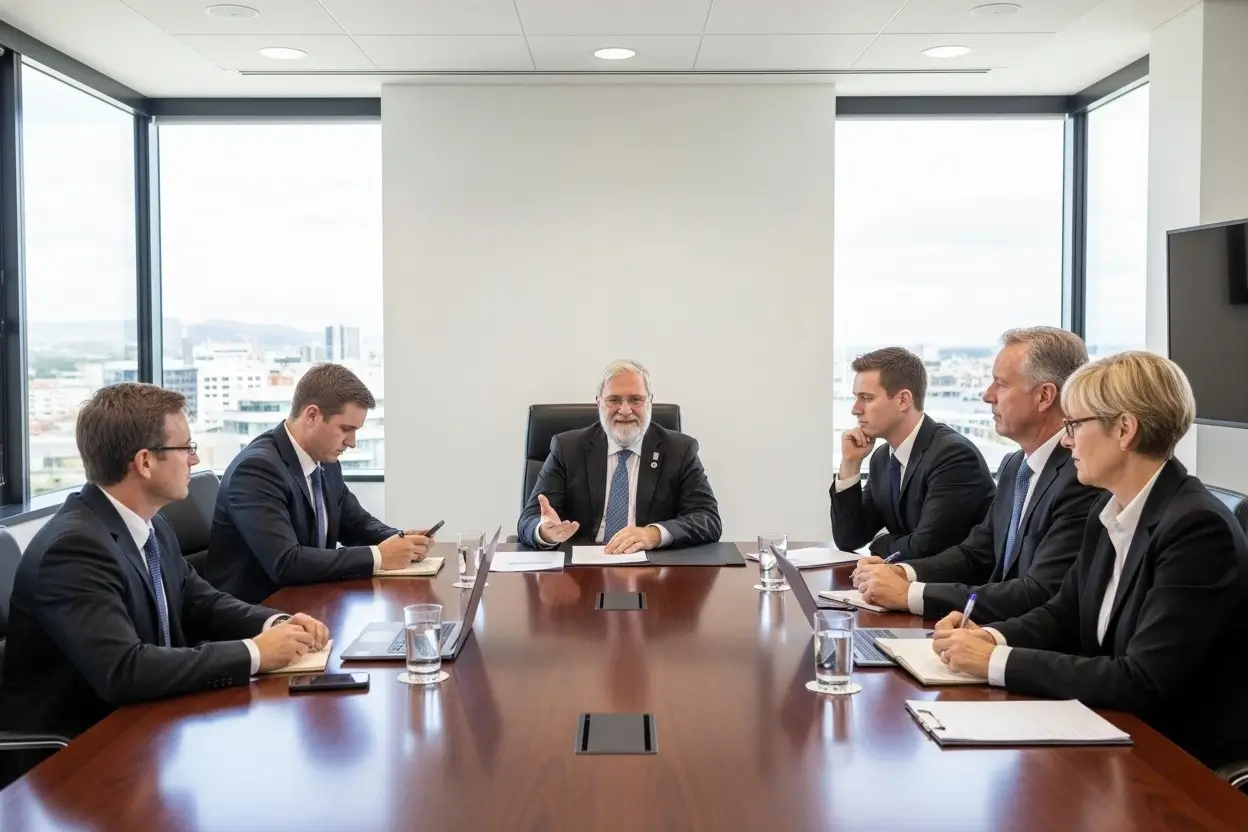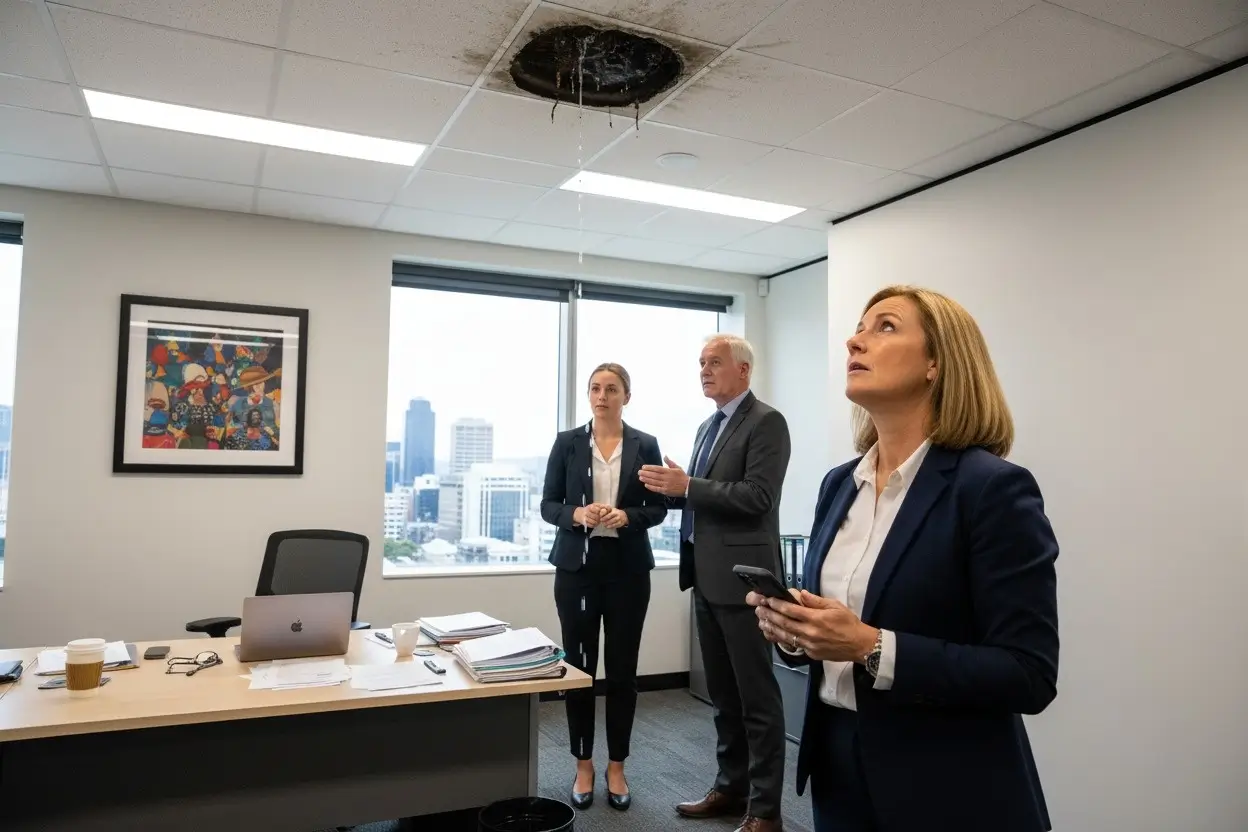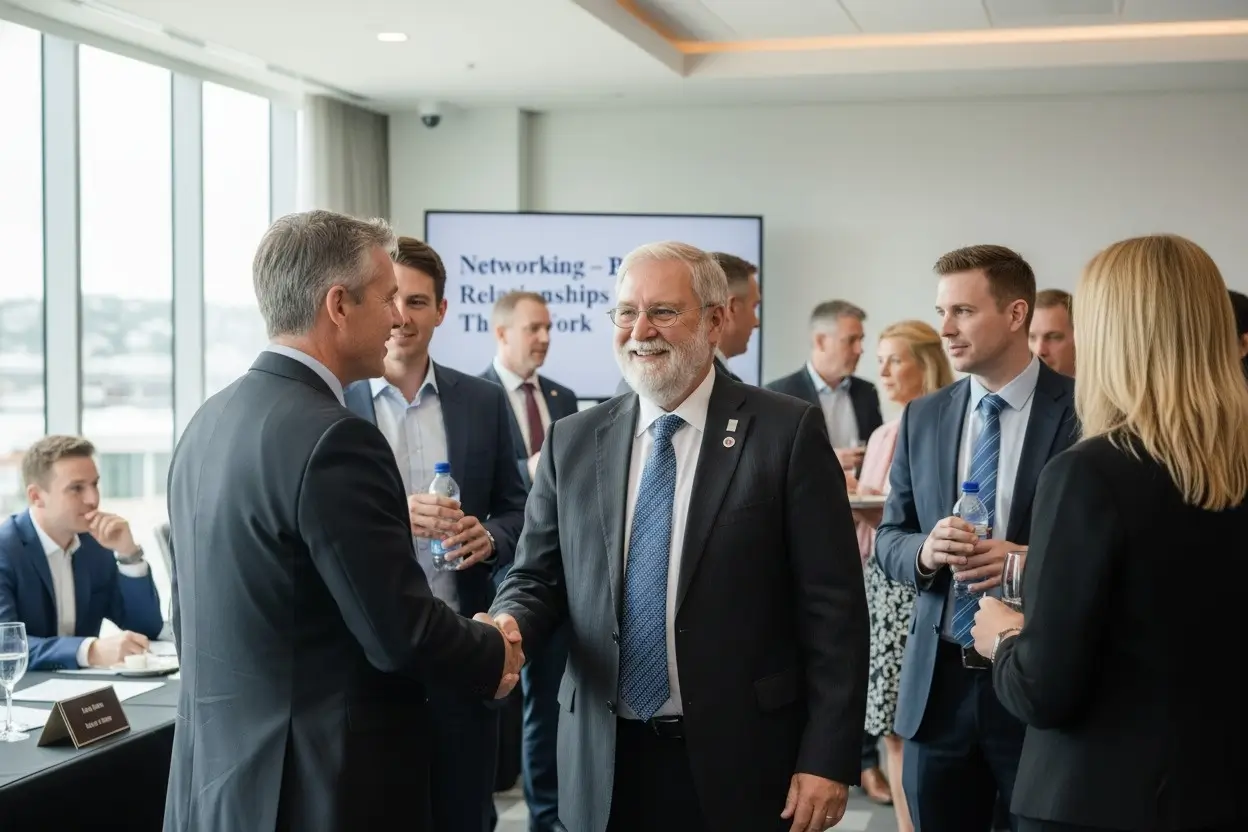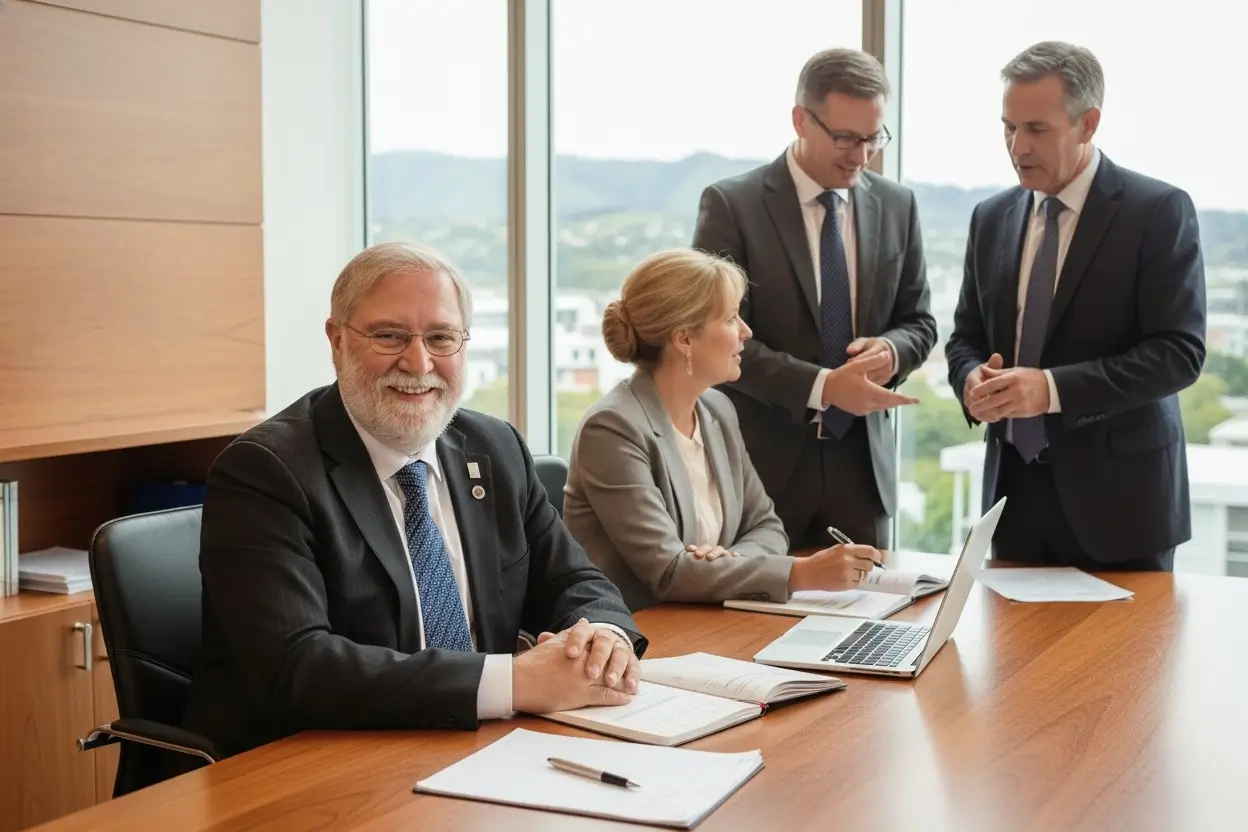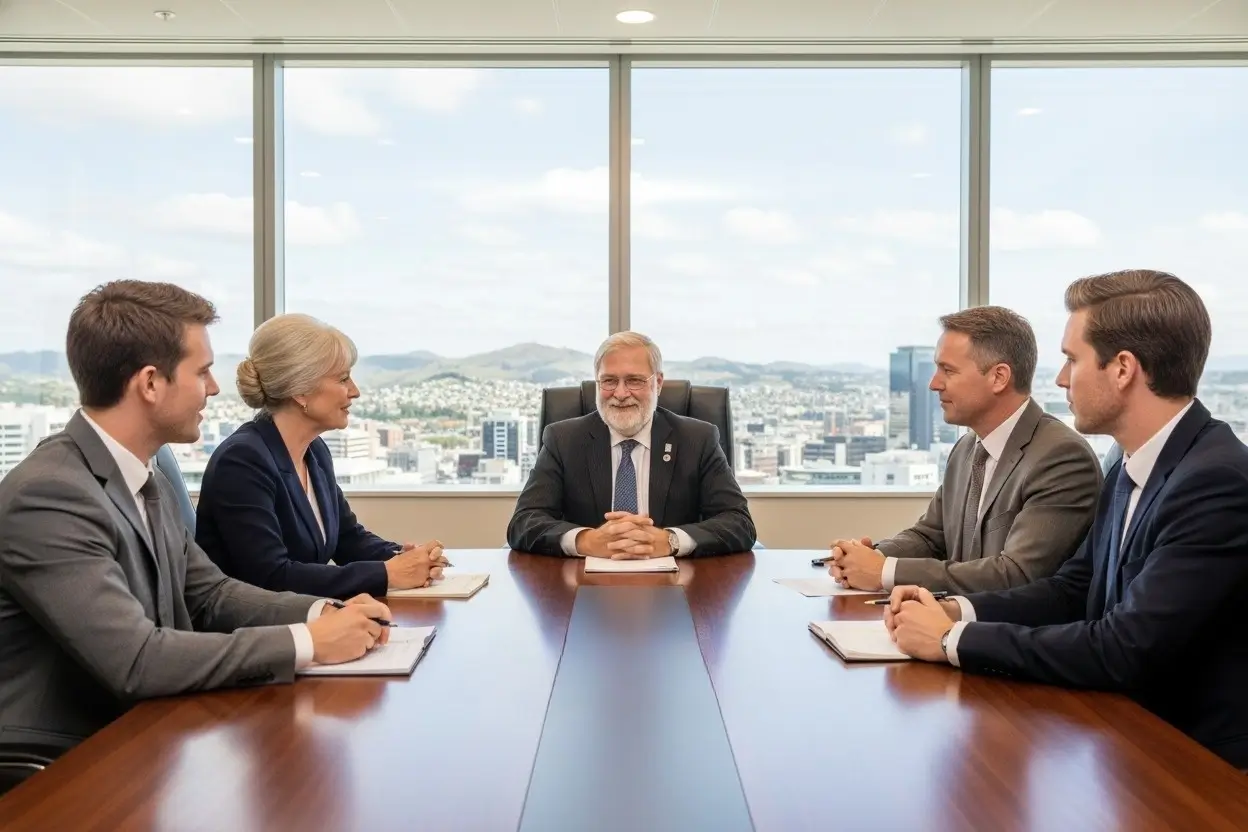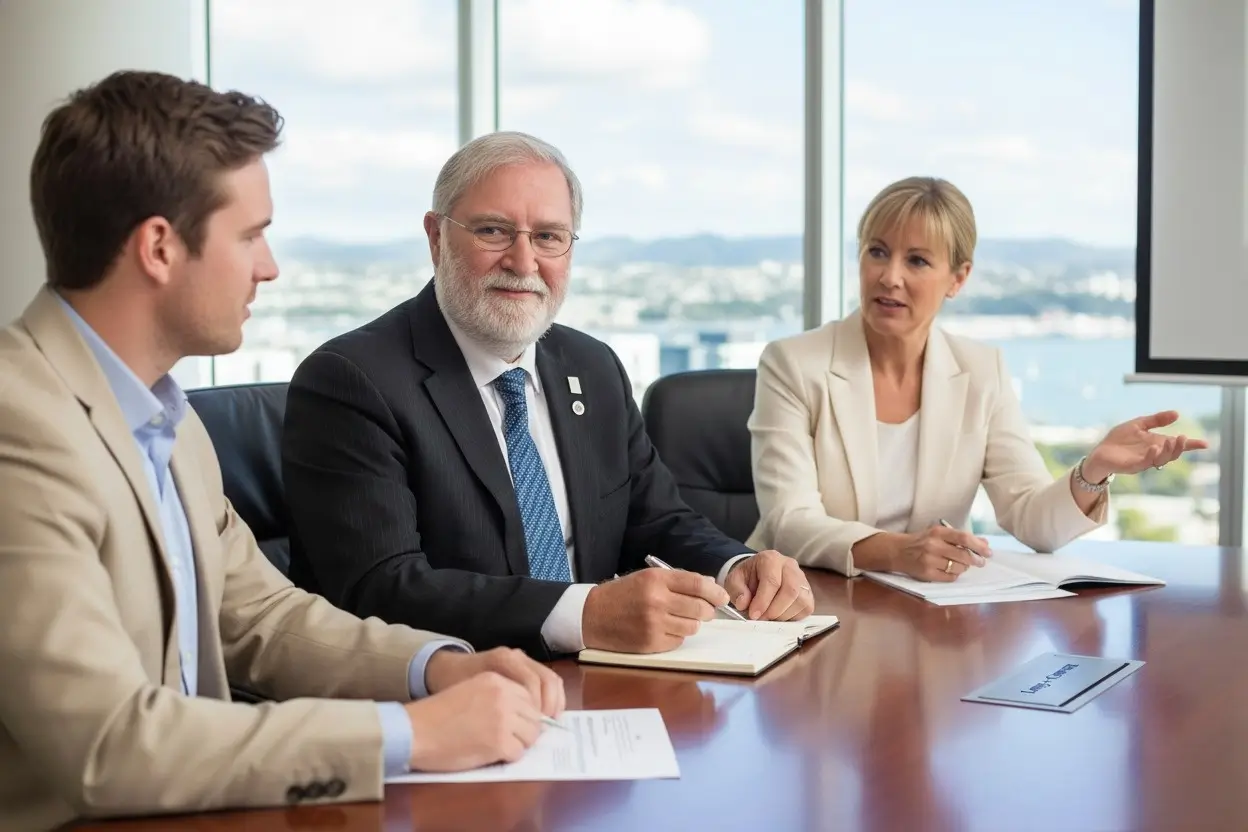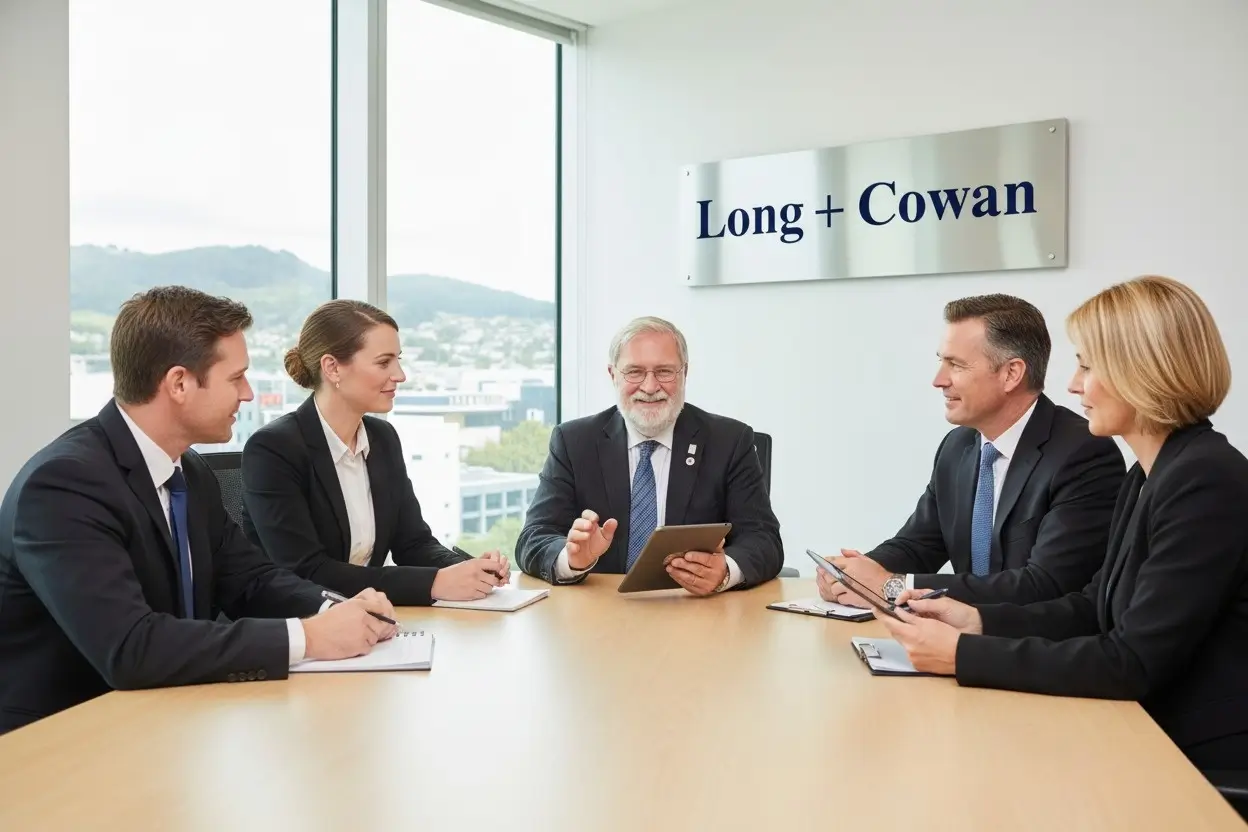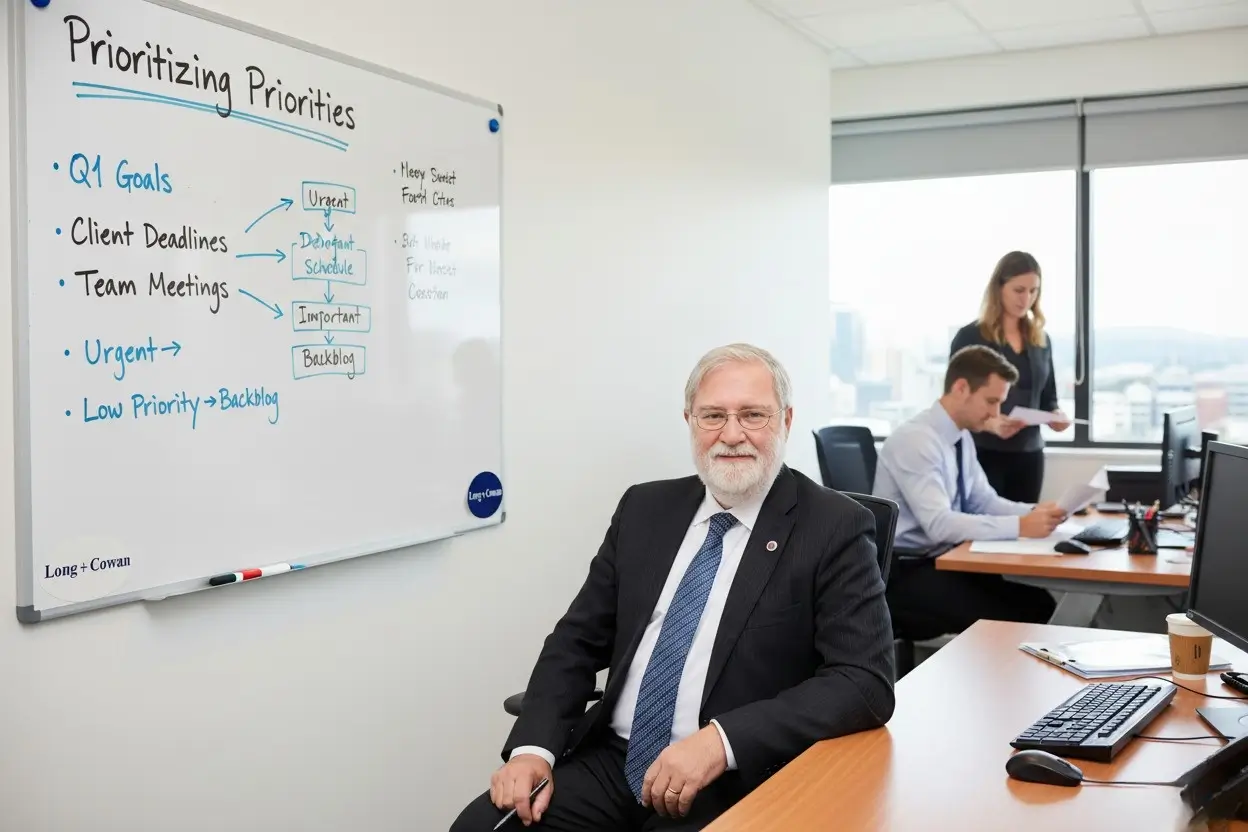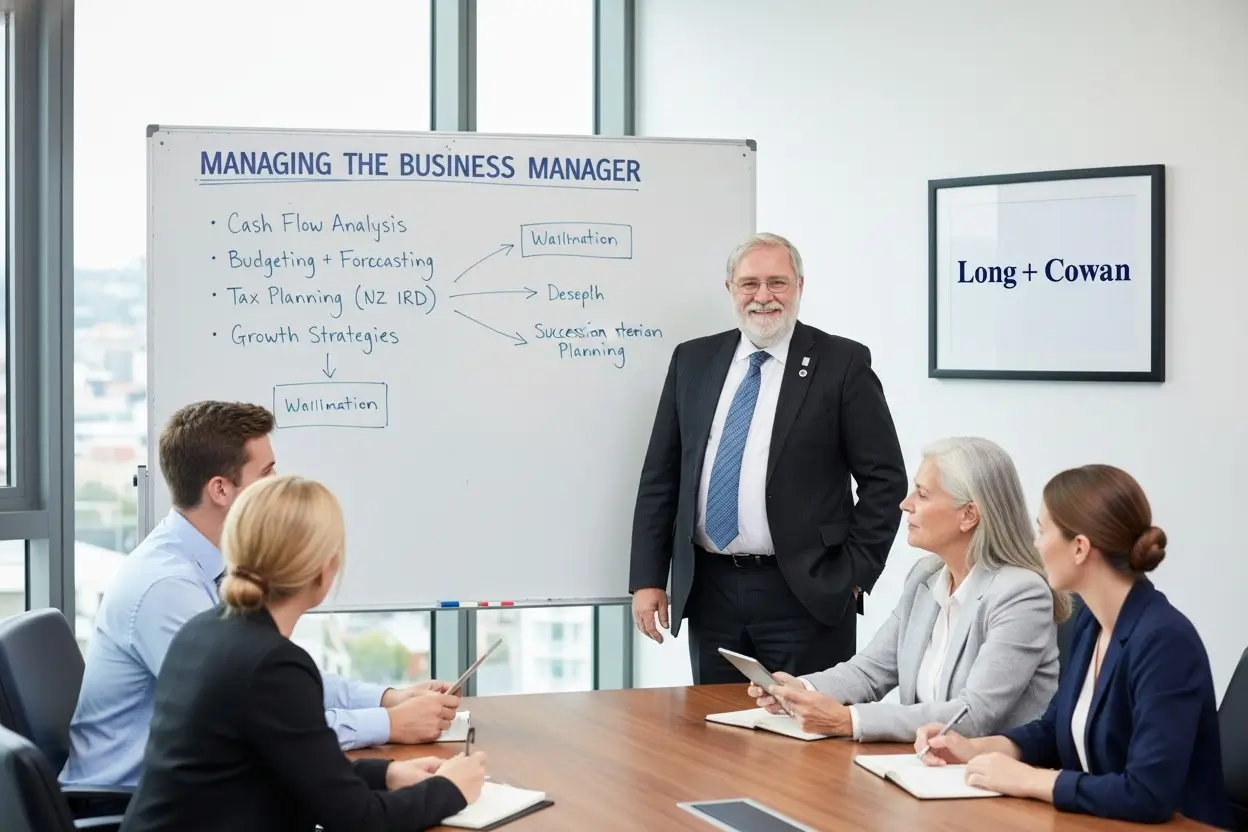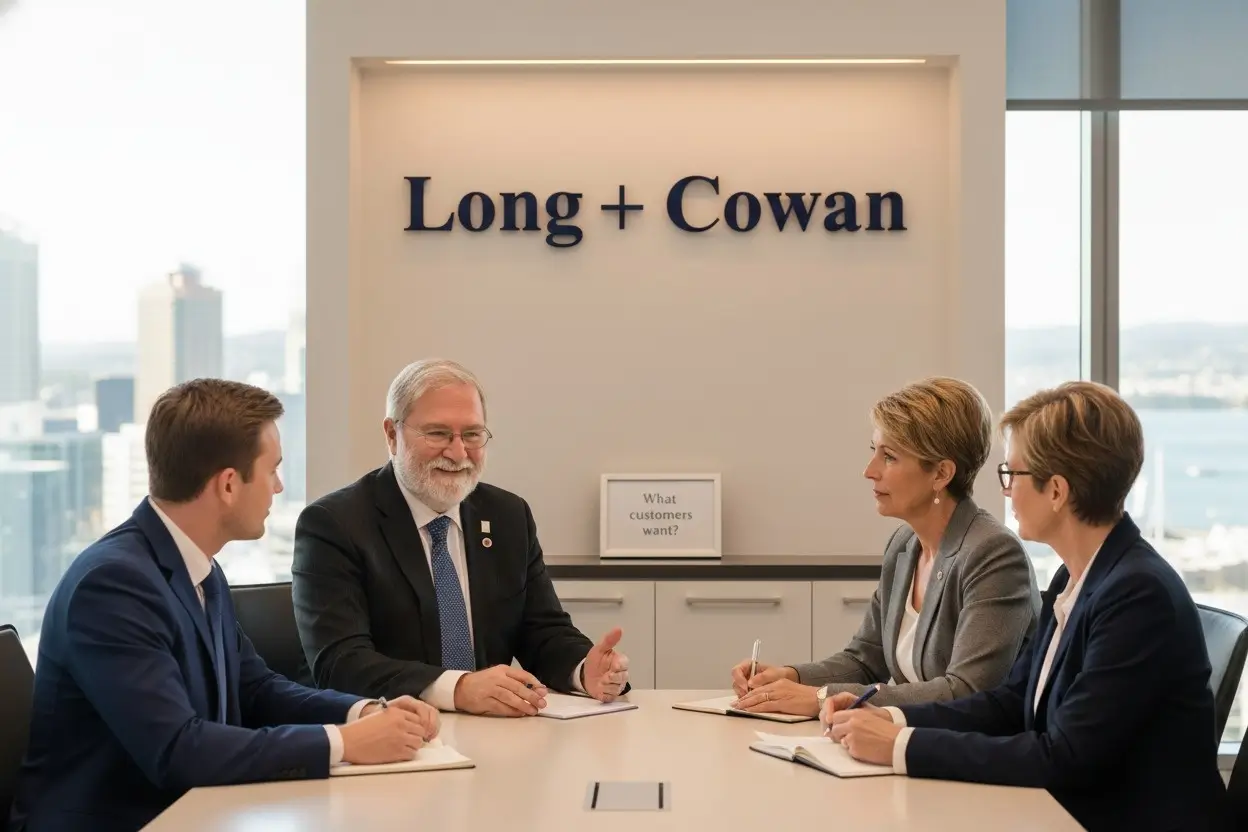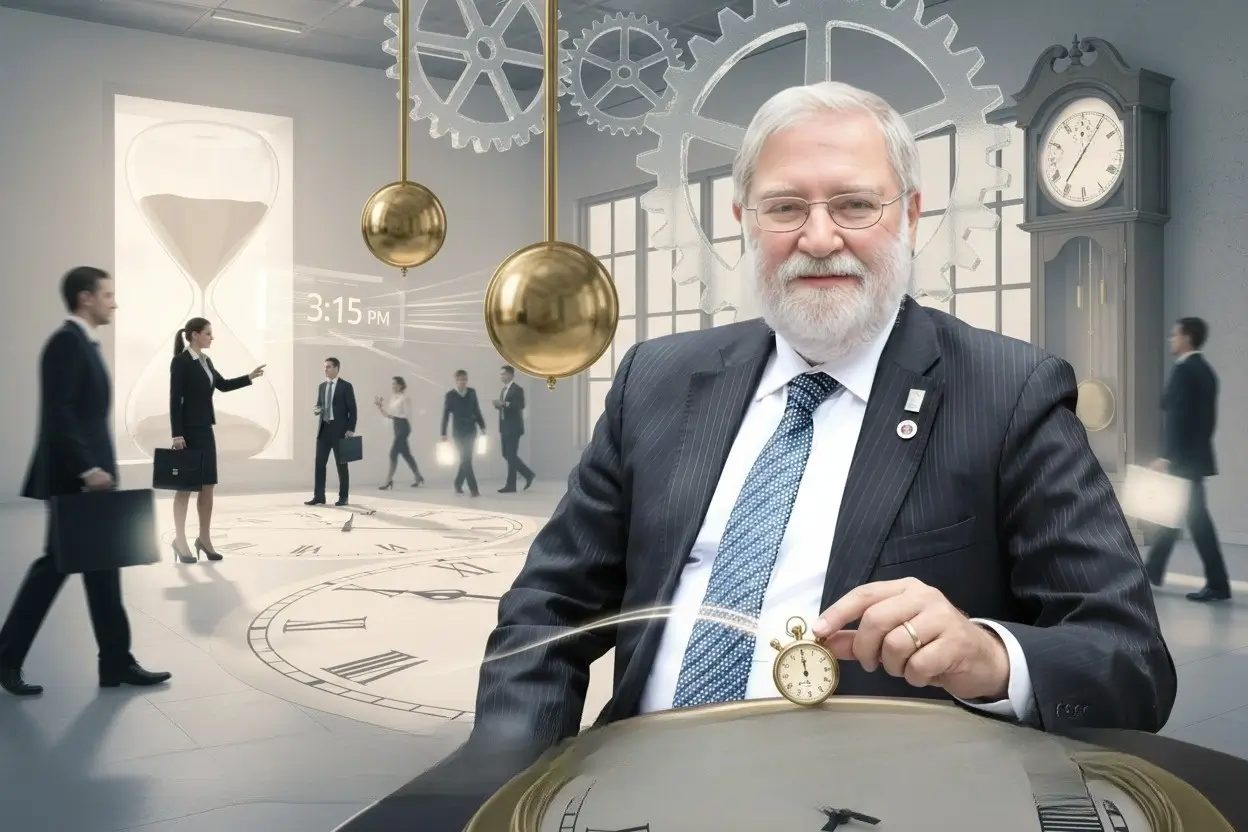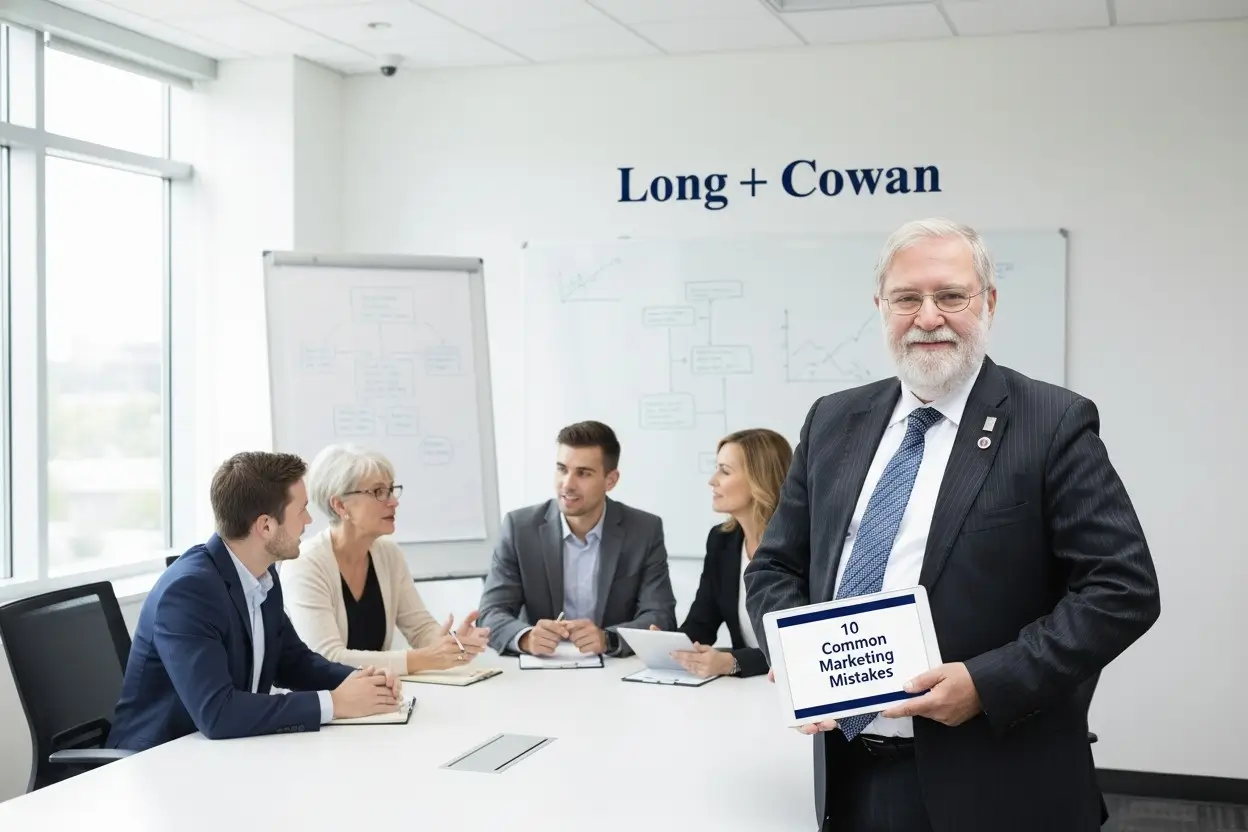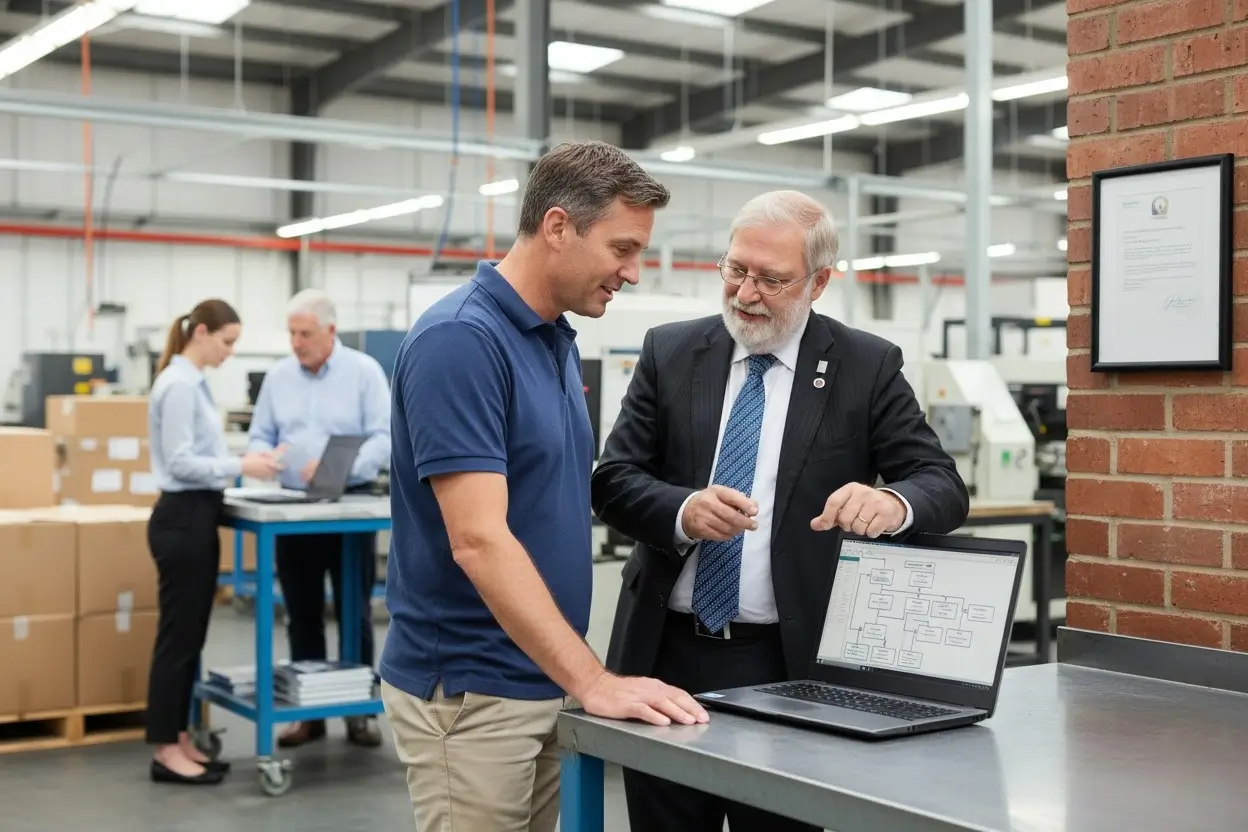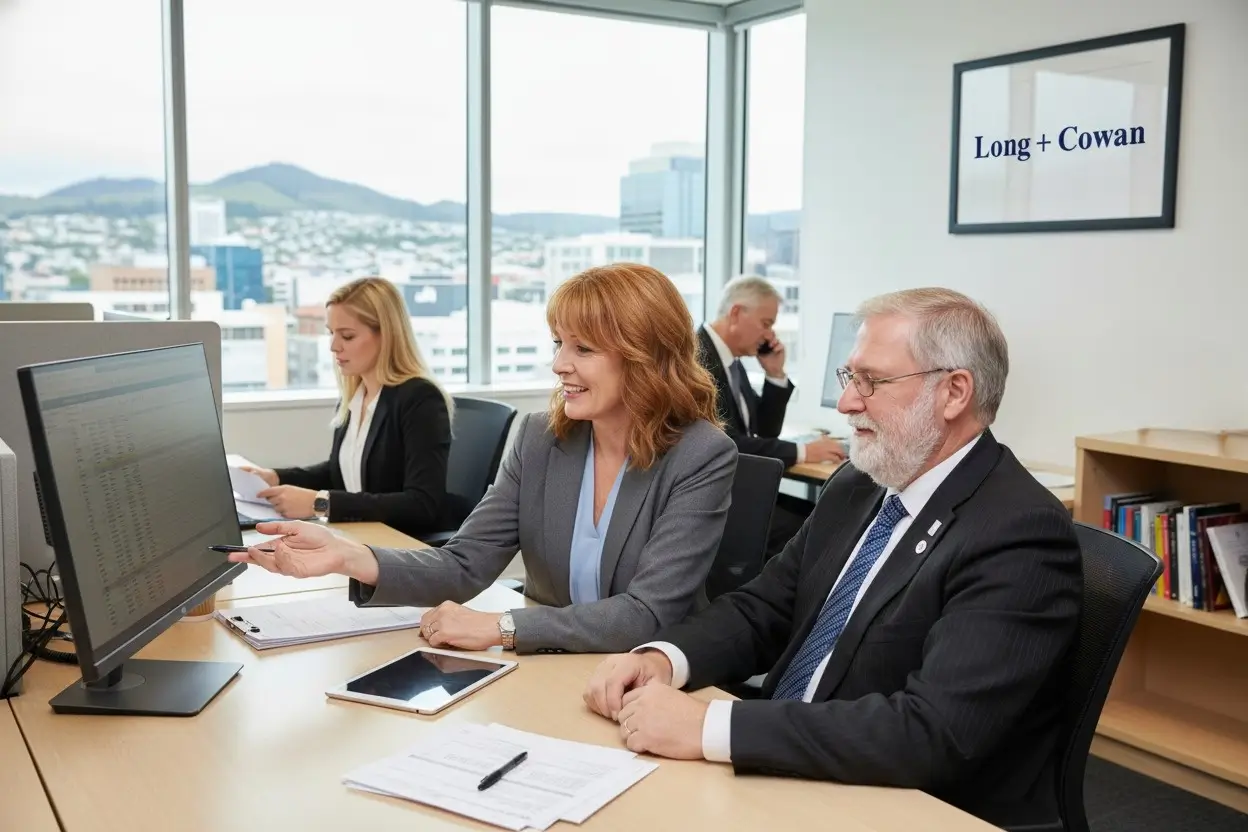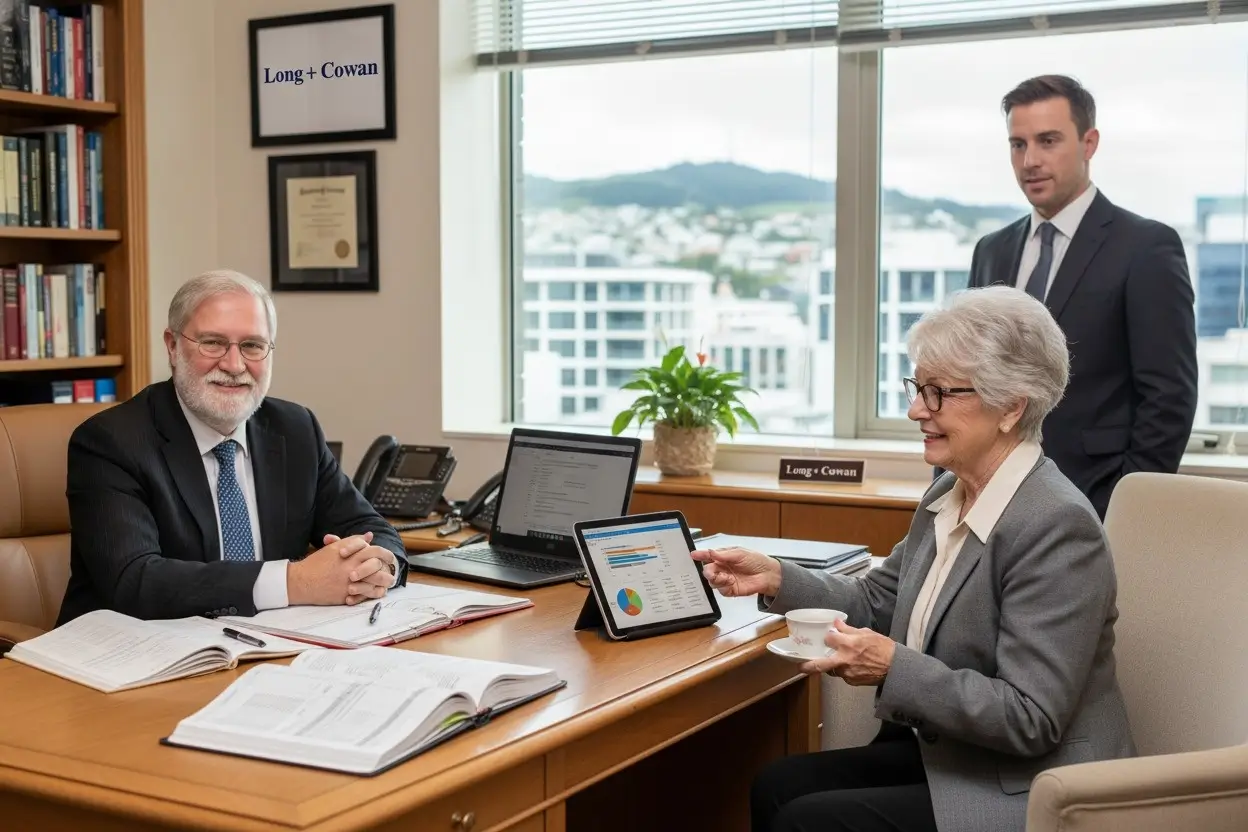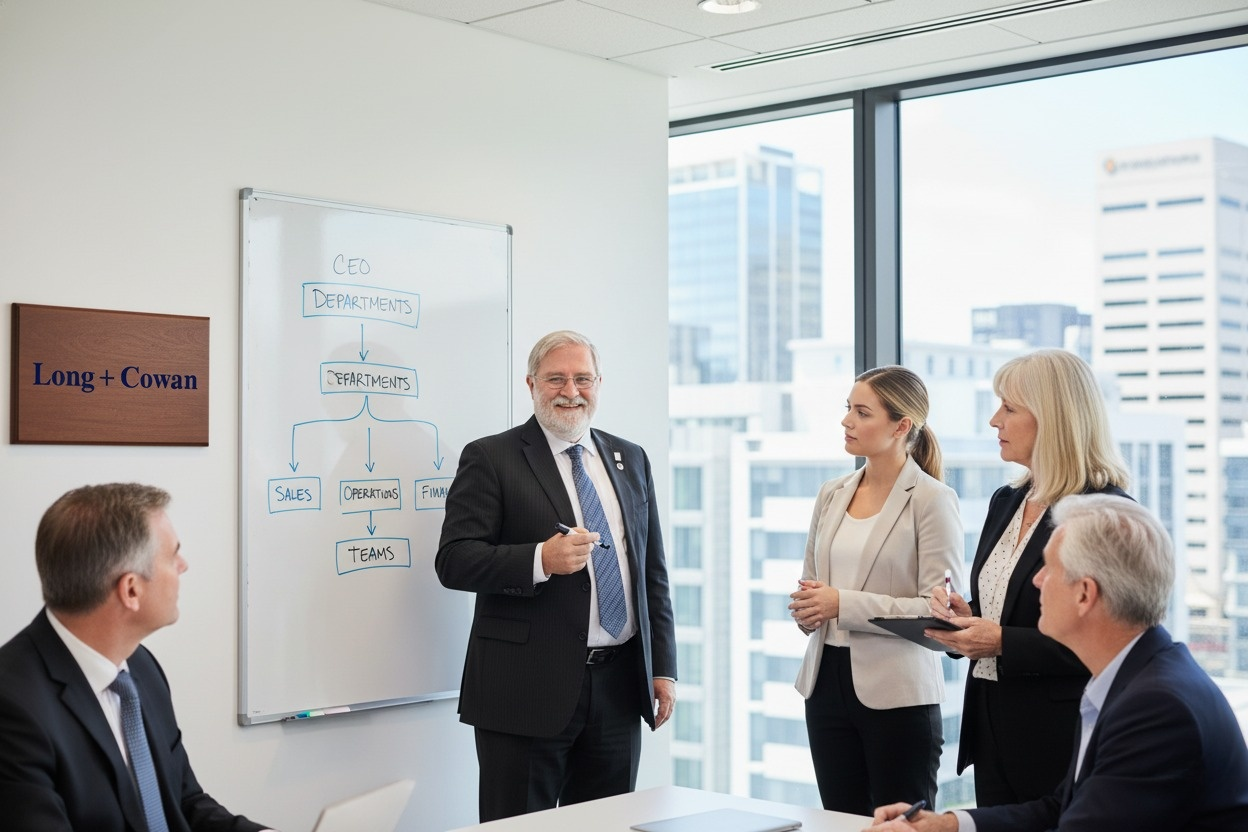Effective employee motivation is the cornerstone of any productive workplace. At Long + Cowan, we have found that when staff feel valued and supported, businesses perform better and clients receive higher levels of service. Motivated employees bring energy, focus, and loyalty that cannot be achieved through salary alone.
Every team member wants to know their effort matters. Recognition, professional development, and open communication form the foundation of a motivated workforce. When these elements work together, productivity rises and staff turnover drops.
Linking Motivation to Business Goals
Staff engagement only delivers results when it aligns with company objectives. Clear communication between management and staff ensures everyone understands how their work contributes to broader goals. This connection provides meaning and purpose, which are powerful motivators.
For Wellington businesses, where competition for skilled staff remains high, creating a shared vision is essential. When employees understand the company’s direction, they become active participants rather than passive workers. That sense of purpose fuels performance.
The Power of Recognition
Recognition remains one of the simplest and most effective forms of motivation. Acknowledging achievements—whether large or small—reinforces desired behaviour and strengthens morale. It can take many forms, from a private thank-you to a public announcement at a team meeting.
Consistent recognition builds trust and encourages repeat performance. When managers take time to notice effort, staff feel appreciated and more willing to go the extra mile. Small gestures such as handwritten notes or personal conversations often have greater impact than expensive incentives.
Balancing Monetary and Non-Monetary Rewards
Financial rewards play a role but should not be the only motivator. Bonuses and pay rises provide short-term satisfaction; non-monetary rewards such as flexibility, learning opportunities, or meaningful work build lasting commitment.
Offering time off for exceptional performance or funding professional training can produce stronger engagement than a one-off cash bonus. Employees appreciate investment in their growth, and businesses benefit from improved capability and retention.
Creating a Culture of Open Communication
Motivation thrives in environments where communication is honest and regular. Staff who feel comfortable sharing ideas or concerns are more invested in outcomes. Regular meetings, one-to-one discussions, and transparent decision-making all reinforce trust.
Encourage managers to listen actively and provide constructive feedback. Avoid surprise criticism; instead, focus on continuous dialogue. Open communication ensures issues are addressed early and employees feel included in the success of the organisation.
Developing Career Pathways
Career progression is a major driver of motivation. Talented employees want to know there is room to grow. Establishing clear career paths helps retain skilled staff and reduces recruitment costs.
Provide mentoring, training, and defined development milestones. Even in smaller Wellington firms, offering growth through skill development or leadership opportunities enhances engagement. When employees see a future within the business, they stay motivated to contribute.
Empowering Staff Through Autonomy
Micromanagement stifles creativity and initiative. Empowering employees to make decisions within clear boundaries promotes confidence and accountability. People perform best when they have ownership of their tasks and freedom to use their judgement.
Set expectations clearly, then allow space for independent action. Autonomy signals trust; trust motivates. When staff control how they achieve results, their sense of responsibility increases, leading to higher productivity.
Maintaining Fairness and Consistency
Reward systems must be transparent and fair. Perceived favouritism destroys motivation faster than any other factor. Establish clear criteria for rewards and communicate them openly. Consistency builds credibility and ensures all employees feel valued on equal terms.
Regularly review recognition and reward structures to ensure they remain balanced. Transparency encourages staff to focus on measurable outcomes rather than office politics.
Supporting Work-Life Balance
Sustainable motivation depends on wellbeing. Overworked staff lose focus and enthusiasm. Promoting flexible hours, realistic workloads, and time for rest maintains energy and creativity.
For Wellington businesses, seasonal workloads and tight client deadlines can strain teams. Plan ahead to spread tasks evenly, provide support during peak times, and encourage recovery periods afterward. Balanced employees perform better and stay longer.
Training Managers to Inspire Others
Managers set the tone for motivation. Leadership skills extend beyond technical expertise; they include empathy, communication, and example-setting. Training managers to motivate effectively transforms workplace culture from the top down.
Provide workshops on coaching, delegation, and feedback. When leaders understand how to inspire rather than command, engagement spreads naturally throughout the organisation. Motivation becomes part of daily operations, not a short-term campaign.
Linking Motivation to Performance Measurement
Performance reviews often focus only on outcomes, not the behaviours that create them. Linking motivation to performance measurement ensures recognition feels fair and objective. Set clear, achievable goals and track progress regularly.
Discuss achievements and challenges openly. Use reviews to highlight growth, not just evaluation. When employees view performance meetings as opportunities for improvement, they remain positive and forward-looking.
Encouraging Team Collaboration
Motivation strengthens when staff work well together. Collaborative environments promote mutual support and shared responsibility. Teams that communicate freely solve problems faster and innovate more effectively.
Encourage cross-department projects and team discussions. Celebrate group achievements alongside individual ones. When everyone contributes to success, unity builds naturally, and morale rises.
Adapting Motivation to Individual Differences
Not all employees are motivated the same way. Some value recognition; others prefer autonomy or advancement. Understanding personal drivers allows managers to tailor incentives effectively.
Spend time learning what matters to each team member. A personalised approach demonstrates care and respect. When motivation reflects individuality, performance improves across the board.
Recognising the Role of Purpose
Purpose has become a dominant factor in modern workplaces. Employees who understand the broader impact of their work show stronger commitment. Whether contributing to community wellbeing or environmental responsibility, purpose adds meaning to routine tasks.
Businesses that articulate their purpose attract motivated, loyal employees. Integrate purpose into your culture by discussing how each role contributes to the company’s values and goals.
Applying These Principles Across Wellington Businesses
Across Wellington Central, Johnsonville, and Thorndon, many small and medium-sized firms rely on dedicated teams to deliver consistent results. Applying structured employee motivation strategies—such as recognition, training, and autonomy—creates stronger cohesion and better client service.
A motivated workforce not only performs better but also enhances reputation. Clients notice when staff enjoy their work. Motivation becomes a competitive advantage as well as a management responsibility.
Partnering for a More Productive Future
Long + Cowan works with Wellington businesses to align financial and operational goals, including how to structure reward systems that make commercial sense. When performance, recognition, and profitability align, everyone benefits.
For professional advice on structuring rewards or improving staff engagement, contact us for more info by filling in an enquiry form or e-mailing or calling us during office hours. Motivated people drive successful businesses; together, we can help you build both.

